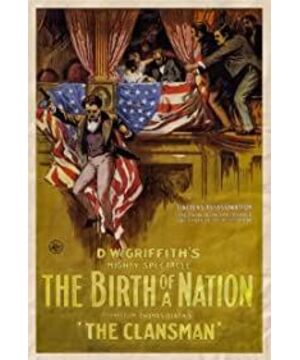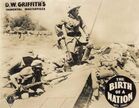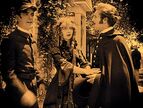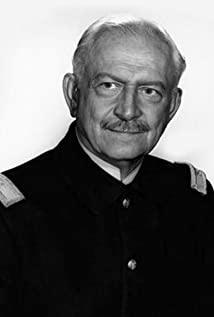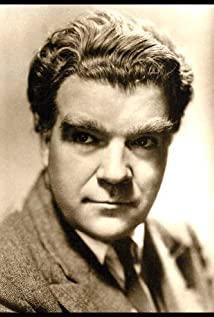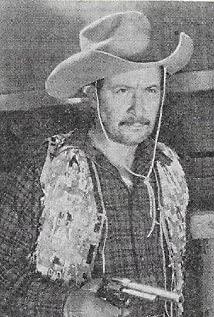I turned off the music for the first hour and a half, and turned it on for the latter part, and finally finished watching the whole film. Music should be matched by later generations. I learned a lot after watching the movie. 1. In retrospect, the previous history textbooks may only give a conclusion. And there is no cause and effect to be found. Out of respect for the film, I think "Birth of a Nation" is about the history of DW Griffith as a southerner. (Of course, everyone may disagree here), the premise is based on the humanitarian world position he highlights in the film. There should be a better confirmation of this in "Party Dissent". 2. The contrast of different colors is not only psychological, but also realistic, and more historical. In my opinion today. 3. The first part is relatively flat and the most comfortable one, and it may be the one that is not controversial. The scheduling within the scene is more powerful, but the cohesion is literary and explanatory. 4. Parallel narration and multi-party narration greatly enhance the original narrative ability of the film. Especially in the end, it actually counts as two "last minute rescues". In his later films, this narrative even became the most important feature of his cinematic aesthetics. Especially "The Same Party and Fighting Differences" (in the words of Mr. Li Xun from the Film Archive) 5. The biggest difference between turning off the music and turning on the music is that the time seems to be longer. It should actually be the sound that shapes the picture, not just the flowing picture. 6. The multi-telescope-style overhead shooting angle of the war scene, but it would be nice if it was moving. They are also rich in filmmaking. Haha 7. I always feel that the director may still be a physicist. There are too many editing skills. Of course, the first is seamless editing. There are also circles in and out, and flashbacks. The point should be the flashback. Ha ha. Flashbacks are my favorite in movie history. Because the film can reorganize the structure of time and space. 8. The young Griffith is good at using cover-up close-ups to hide other characters and highlight someone's status, such as when Lynch is in power. 9. The performance of the actors in the film has traces of stylization, but there are still good ones, such as the heroine, Alice. It is worth mentioning that the way of performance of black actors is destined to vilify the image of black people. That's the key issue, aside from Griffith's praise for the KKK. Appears pompous and pretentious. The "Last Minute Rescue" performance of the black soldiers at the log cabin was a play. It made me, a person born around 2000, think of Resident Evil. 10. Praise the end credits, Griffith wouldn't be Griffith without it. That is, a worldwide humanitarian position. 11. Regarding the length of time, it will make people lose patience. Because some scenes cut through, the rhythm stagnated. Especially without music. Understand the audience of the year.
View more about The Birth of a Nation reviews


